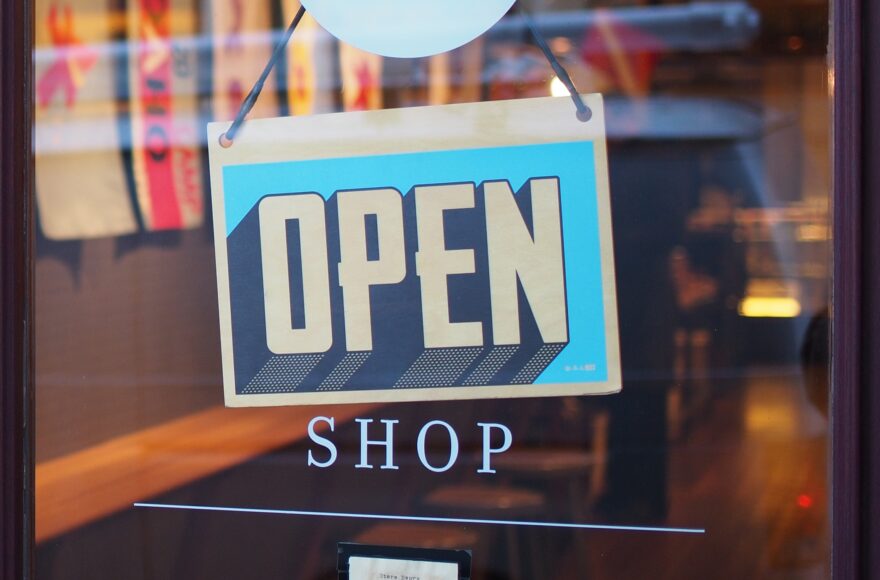Luxury banks on Chinese Consumers to secure its rebound

Despite the disruptions caused by the pandemic in China, luxury goods companies are looking to China as a source of growth. Lunar New Year festivities and the relaxation of Covid restrictions in Beijing have raised hopes that high-end Chinese consumers will once again spend on designer goods.
The quarterly results of companies such as LVMH and other luxury goods companies in Europe will give insights into the impact of the pandemic on the industry in China. However, they are also introducing new, expensive collections for the Year of the Rabbit in hopes of boosting sales.
Analysts predict that there will be a deceleration in sales growth for these companies in the fourth quarter, as the post-pandemic buying frenzy for designer fashion begins to slow down in the United States and Europe. According to UBS, LVMH is expected to see sales growth of 7% for the quarter, while Kering is predicted to have a 2% decline in sales. Hermes, on the other hand, is expected to show sales growth of 17%, which is lower than the 24% seen in the previous quarter.
The situation in China will highlight the impact of lockdowns and the end of a zero-Covid policy on the luxury industry. According to estimates from Bain, luxury spending by Chinese nationals dropped from 33% of the global personal luxury goods market in 2019 to as low as 17% last year. However, experts believe that Chinese consumers will return to the luxury market in a big way to make up for lost time during the pandemic.
“We do believe they will come back to the luxury sector in a heavy way, to catch up on what they couldn’t do in 2022,”
Caroline Reyl, Head Of Premium Brands At Pictet Asset Management, Referring To Chinese Consumers.
China is predicted to become the largest market for luxury goods by 2025. The luxury sector is among the industries expected to benefit the most from the loosening of restrictions in China, with companies such as LVMH and Hermes seeing their share prices rise. Although Chinese buyers have yet to return in large numbers to Paris fashion shows, experts believe that they will begin to travel more within Asia and to Europe in the coming months.
In the United States, some Americans are cutting back on discretionary spending due to high inflation. Credit card data from Citigroup shows that luxury spending in the United States in December was down 10% compared to the previous year and 2% compared to 2019. This is mainly due to weaker sales in department stores and online platforms. However, American tourists are still helping to boost luxury sales in Europe, with US nationals leading a recovery in tax-free shopping in Europe, according to December data from Global Blue.

